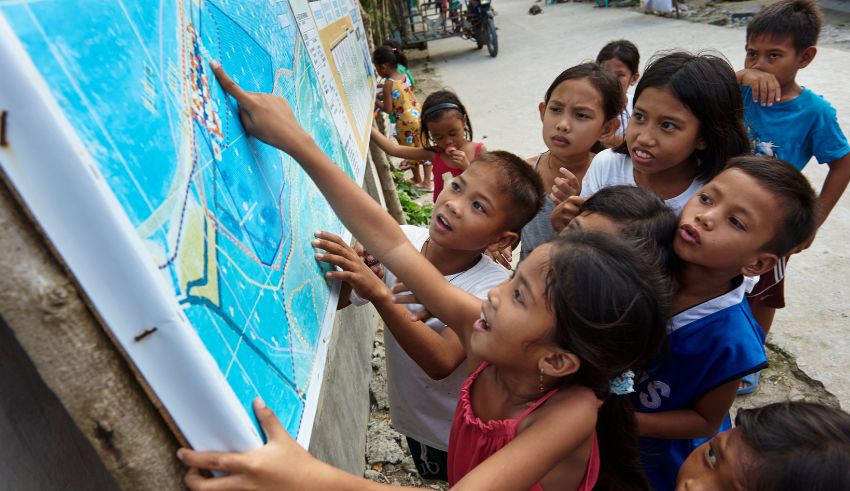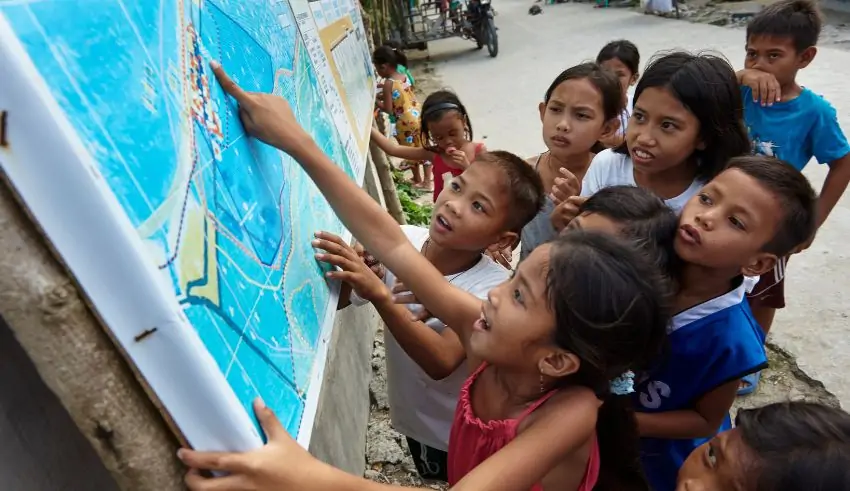

(C) UNICEF Twitter
Unbelievably, 400 million children under five experience harsh punishment at the hands of their parents, according UNICEF statistics. About 60% of children in that age range globally are represented by this figure.
According to a statistical study conducted on 100 countries between 2010 and 2023, psychological as well as physical punishment are frequently used as types of discipline. Psychological aggressiveness includes verbal insults, threats, screaming, and humiliation; physical punishment involves acts meant to cause pain or suffering, such slapping, spanking, or beating with objects. Unbelievably common, these kinds of punishment impact a broad spectrum of social and ethnic groups and draw attention to a widespread problem that needs an immediate response.
Even with these startling statistics, almost 500 million children under five are not legally shielded from these kinds of activities. Even in those nations where the use of physical punishment is outlawed, many of the youngest people on the earth remain vulnerable. Many countries still lack thorough laws shielding children from all kinds of abuse. Such laws may be ineffectual even in nations where they are in place because of a culture that tolerates harsh penalties and slack enforcement. Absence of legal protections feeds a cycle that can last for many generations.
An alarming one in four moms or primary carers said in the poll that they thought that appropriate instruction calls for physical penalties. This emphasises how deeply ingrained cultural conventions support harsh parenting techniques. Most individuals, influenced by their own upbringing and cultural expectations, think that children need to be disciplined and taught respect by harsh punishment. To disprove these damaging ideas and encourage knowledge of and use of peaceful parenting methods, community projects and educational efforts will be necessary.
Unicef highlights how severe punishment stunts children’s growth and sense of self. According to a study, there are several drawbacks of being close to violence, such as delayed cognitive development, emotional and behavioural issues, and a higher chance of substance abuse and criminal activity later in life. As kind and enjoyable parenting helps a child learn, develop in abilities, and flourish in their surroundings, the organisation encourages it. Time-outs, clear expectations, and positive punishments can teach kids self-control and respect for others without doing the damage that severe punishments do.
The study was conducted at the same time as UNICEF marked the inaugural International Day of Play to highlight the value of play in child development. Every child has the right to play and needs to do so in order to grow. The research indicates that many young children, frequently as a result of things like poverty, a lack of safe play areas, and societal notions that devalue play, lack play, stimulation, and engagement with their carers. The International Day of Play seeks to increase awareness of the value of play and motivate communities to provide exciting, safe spaces where kids may learn and develop through play.
The research warns about the need of coming together to stop child abuse and to provide kind, caring, and pleasurable care. Everywhere there is need to defend the most defenceless members of society. Working together, communities, non-governmental organisations, and governments need to develop laws and initiatives that ensure kids play and grow up, encourage peaceful parenting, and educate people about positive punishment techniques. We can improve the lives of all children by tackling the underlying reasons of harsh punishment and encouraging a polite and understanding society.
The Japanese women’s curling team has a tough road to qualification for the 2026 Milan-Cortina Winter Olympics. Having silver and…
Rajasthan Royals vs Kolkata Knight Riders will be playing matchesin the Indian Premier League 2025 match at Barsapara Stadium, Guwahati…
Vietnam becomes the rising star for that tourism scene in the annals of Southeast Asia; it surpasses its regional competitors…
The Chinese Coast Guard ships extended their stays near the Senkaku Island region which led Japan to lodge formal diplomatic…
Numbeo reports in the 2025 Safety Index that the United Arab Emirates (UAE) has become the second safest country in…
Thailand’s automobile sector remains heavily challenged as car output during February 2025 dropped 13.62% year on year to 115,487 units.…
This website uses cookies.
Read More